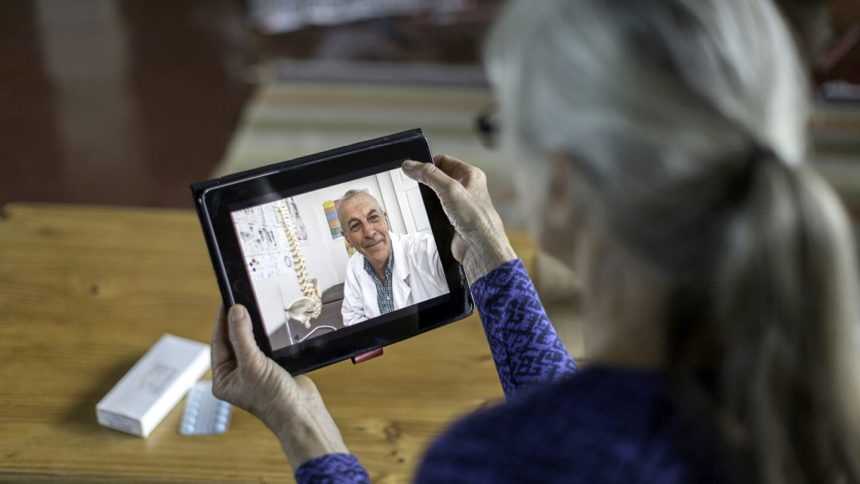
A new study looks at palliative care for people living with Parkinson’s disease and related disorders and found that educating neurologists and using telehealth is feasible to improve outcomes for people who have the disease.
Palliative care did not improve the caregiver burden much in the study, though, the authors reported.
The study was published Monday in JAMA Neurology.
The authors said they came up with the intervention to address the issue of community palliative care for people with Parkinson’s, to expand education for neurologists on palliative care and to improve access to outpatient palliative care services.
The research involved enrolling 359 people from 19 community neurology practices that were supported by palliative care teams at two academic centers. People in the study were randomly assigned to receive either usual care or the intervention. Of the participants, 64.9% were men, and the mean age was 74. The trial also included data from 300 caregivers.
The researchers gauged results based on a participant’s quality of life at six months and the caregiver burden, using scales to measure each.
The intervention involved educating the neurologists and providing team palliative care support to participants via telehealth.
People who were placed in the group receiving the intervention reported better quality of life. Those in that group also were more likely to complete advanced directives. There wasn’t much of a difference in caregiver burden between both groups.
Overall, educating neurologists on palliative care and providing telehealth support was feasible and may improve patient outcomes, the authors said. Not only can receiving palliative care improve a person’s quality of life; it also can encourage better advanced planning, they said.
The authors said that their intervention wasn’t as successful as others had been in the past. Differences in participant selection, inadequate reinforcement of clinical skills for community clinicians, little palliative care knowledge and sparse involvement with an academic palliative care team may have been to blame, they added. The researchers also noted that team visits in their study were less frequent than in the past; only two-third of participants living with dementia requested meetings with the study team.
To improve the intervention in the future, more intensive education and coaching could be implemented, as well as outreach efforts to reach underserved populations, the authors said. Better coordinating communication between the palliative care practitioner and community teams also can help, they added. The investigators said that more research is needed to define the roles of primary palliative care and specialty palliative care.




